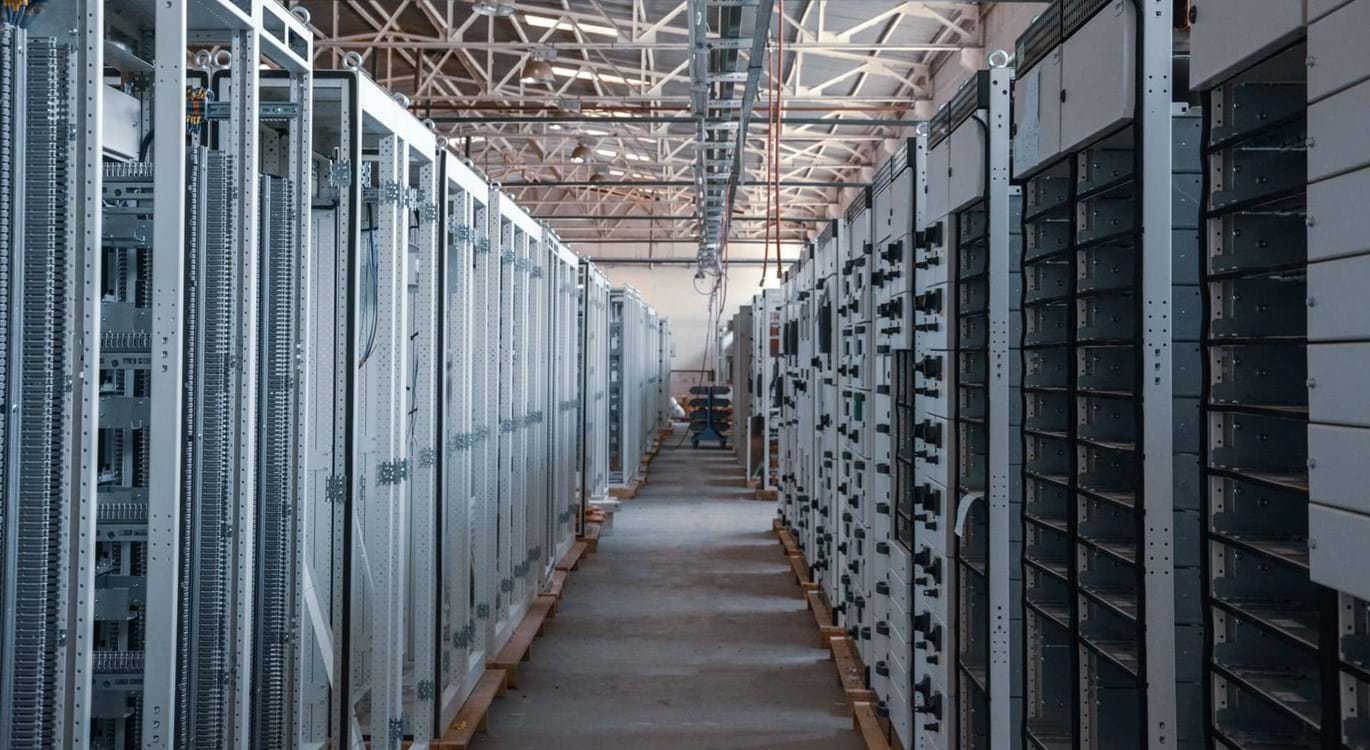The west has moved away from the messy business of manufacturing and been focussing on the service economy and the knowledge economy (think Apple products – designed in California, manufactured in China) but the big growth area is the data economy.
Companies buy and sell data. If an app or service is free, you and your data are probably the real commodity. Big tech gives us the ability to share holiday snaps (or just photos of last night’s dinner) with our friends, and in return the companies harvest our willingly supplied personal data and sell them to the highest bidder. Irritating, remarkably well-targeted ads at best; political interference and censorship at worst. I am sure we have all had the experience of ads appearing on our timelines and wonder how on earth “they” knew that we were in the market for that particular product.
All this is achieved through the accumulation of Big Data and it is big. Really big. Over the years, the volume of data available and the speed at which it is generated has increased. Experts estimate that we create about 2.5 quintillion bytes of data per day. The use of Artificial Intelligence to analyse and utilise big data is an area of significant investment and projected growth. Algorithms automatically analysing big data can be used to make medical decisions, increase sales, accelerate product innovation, reduce risk, and increase profits. The World Economic Forum suggests that in 2020 the entire digital universe contained around 44 trillion gigabytes which would take 181 million years to download! Super computers and their artificial intelligence algorithms churn away on servers trying to make sense of it all.
All of this data is mind-boggling . . . literally. It is beyond human comprehension or computation but it’s not beyond the mind of God. One key attribute of God is that He is all-knowing or omniscient. He is the original big data scientist.
According to the book of Job, God sees everything. “He looks to the ends of the earth and sees everything under the heavens” (Job 28:24 ESV). Not only does He see everything but the Apostle John tells us that “he knows everything” (1 John 3:20 ESV). Going further than simply seeing or knowing, the Psalmist informs us that God understands completely with true wisdom all that there is to see and know. There is nothing hidden from Him and “His understanding is infinite” (Psalm 147:5).
God knows all about everything that has happened in human history and will yet happen. Nothing comes as a surprise to Him and nothing can derail His plans or purposes. He says of Himself, “I am God, and there is none like me, declaring the end from the beginning and from ancient times things not yet done, saying, ‘My counsel shall stand, and I will accomplish all my purpose’” (Isaiah 46:9-10 ESV).
God hears every word we speak, before it passes from our lips, as the Psalmist says, “Even before a word is on my tongue, behold, O Lord, you know it altogether” (Psalm 139:4), and Jesus repeatedly demonstrated His ability to know the thoughts of His disciples and audiences alike (see Matthew 9:4; 12:25; Mark 2:6-8; Luke 6:8). The Christians praying in Acts chapter 1 acknowledged that God knows the hearts of us all (verse 24).
So the Bible reveals to us a God who knows every event in human history, past, present and future. A God with infinite knowledge of all the complexities and mysteries of this universe, and a God who sees our actions, hears our words and knows our hearts.
In all the big data analyses and artificial intelligence there is the danger of information without integrity, decisions without dignity, and computations without compassion. Who wants a computer for a doctor or a robot as a team leader? Despite the inconceivable quantity of information that He computes, the Bible tells us that God, who sees every sparrow fall to the ground and die, knows the number of hairs on our heads, and reassures us that we are worth more to Him than many sparrows. A big God processes big data but has a heart big enough to care. He is personally interested in the spiritual well-being of each one of His creatures.
Sometimes when we get to know people their appeal fades as we uncover their hidden flaws, but with God there are no surprises. God hears every curse word, sees every sin we keep hidden from everyone else, and even knows the self-serving and sinful motivation behind every act of kindness. He knows the sinfulness of our hearts and yet He loves us just the same. In fact, He loved us enough to send his sinless Son to die as a substitute for sinners, taking the punishment that sin deserves: “the wages of sin is death” (Romans 6:23). By trusting in Him as Saviour and Lord we can experience God's forgiveness: “if we confess our sins [that He already knows about], He is faithful . . . to forgive us our sins and to cleanse us from all unrighteousness” (1 John 1:9).
We can commit our unknown future to an all-knowing but loving God, and have the assurance that we are safe in His care forever, having received “the gift of God [which] is eternal life in Christ Jesus our Lord” (Romans 6:23).





























